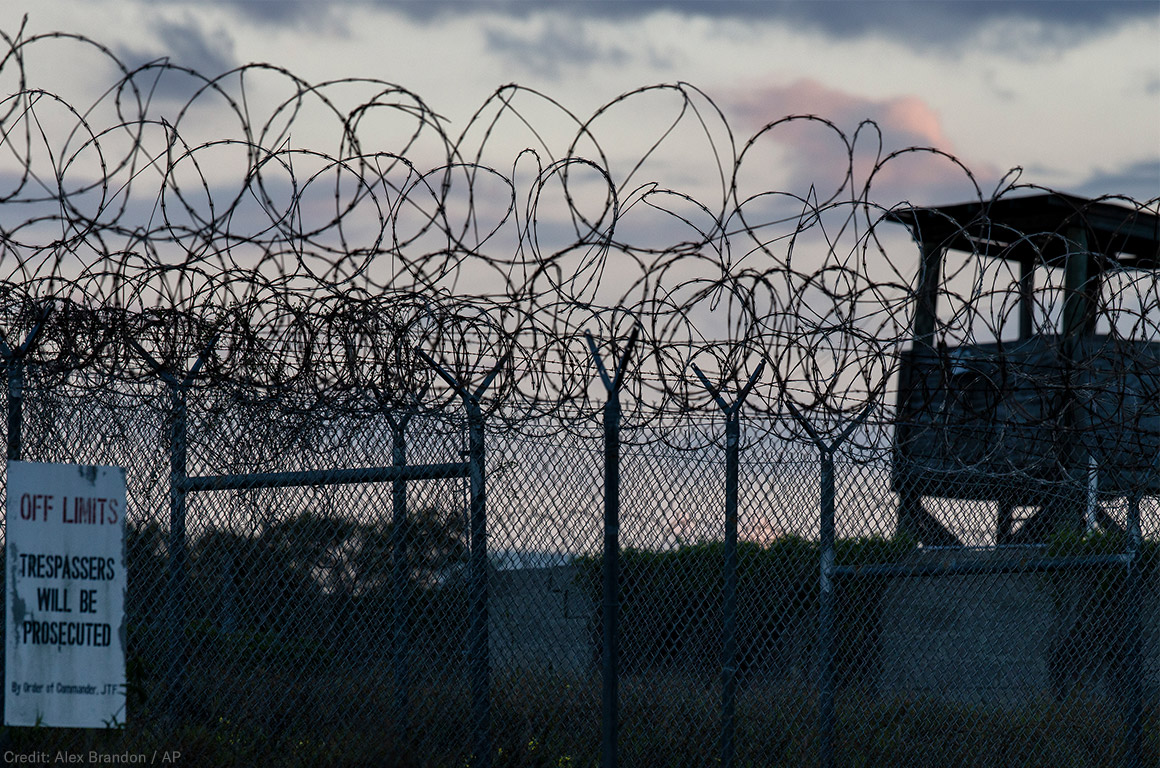Reading view
The CIA's Long and Dangerous History of Refusing to Answer Absurdly Obvious Questions
The CIA is so known for its unabashed secrecy that, when it joined Twitter in 2014, its first tweet was: “We can neither confirm nor deny that this is our first tweet.” This non-response response is known as a “Glomar,” and while the intelligence community likes to poke fun at how often they invoke it, this inane phrase has allowed the CIA to skirt meaningful transparency and accountability for decades.
In 1966, over the Johnson administration’s opposition, Congress enacted the Freedom of Information Act (FOIA), giving all of us the right to ask the government for documents and have the government respond, as it believed such access was a prerequisite to a functioning democracy. Soon after FOIA was passed, a Soviet nuclear submarine went missing somewhere in the Pacific Ocean, and the CIA took an early opportunity to undermine this new law.
The Soviet Union and the United States raced to locate the missing sub and extract the intelligence likely inside. But first, the U.S. needed to build a ship that could actually extract the sub once it was found — and the government wanted no one to know about it. The CIA contracted this mission out to Howard Hughes, a billionaire with little concern for government transparency, who told the media that the purpose of the ship (named the Hughes Glomar Explorer) was to extract manganese nodules from the ocean floor. Six years later, in 1974, the extraction began. Unfortunately for the U.S., the extracted sub broke into pieces and what the government most wanted was lost: the ship’s code machine and two nuclear missiles. Details of this secret, bungled extraction started to leak, inaccuracies and half-truths swirled, and people rushed to file FOIA requests hoping to answer the many outstanding questions.
Worried about the geopolitical consequences, and obsessed with controlling information about its activities, the CIA came up with a novel way to keep the mission secret without telling an all-out lie. The agency decided it would refuse to confirm or deny whether records about the Glomar Explorer’s mission existed, despite the mounting public evidence that they did. And so the “Glomar response” was born. And, in the case of the Glomar Explorer, it worked: Historians claim many documents remain hidden to this day.
Unfortunately, in the decades since the submarine debacle, and especially in the post-9/11 era, we’ve repeatedly seen the CIA use the Glomar response to evade responsibility. They have used it to claim they could not say whether they had information about the government’s use of drones to carry out lethal strikes overseas, and when asked about legal justifications for the verified extrajudicial killing of three U.S. citizens. They’ve even used it to side-step questions about whether they’ve spied on Congress.
We’re even seeing state agencies attempt to use the CIA’s non-response to circumvent local public records requests. For example, in 2017, the New York Civil Liberties Union filed a public records request seeking documents regarding the NYPD’s monitoring of protesters’ social media activity and cell phones. The NYPD initially responded with a blanket statement that it could “neither confirm nor deny” whether such records existed, saying that even revealing the existence of records could harm national security. A New York court rejected this argument and ordered the NYPD to respond to the request in full.
And the CIA’s penchant for secrecy continues to expand, with the agency using Glomar to obstruct attempts to obtain records that would publicly shine a light on the agency’s failures and abuse, even when that abuse is well documented by the CIA itself and other sources.
Take, for instance, the CIA’s torture program. After the 9/11 attacks, the agency abducted dozens of Muslim men and boys, held them incommunicado, brutally tortured them, and denied the due process in sites around the globe. Once the program was exposed, 14 of the government’s “high-value detainees” were taken to the U.S. military prison at Guantánamo Bay, and detained at a notorious facility known as “Camp VII.” Attorney James G. Connell III, who represents Ammar al Baluchi, one of the men subjected to the CIA torture program and sent to Camp VII, filed a FOIA request with the CIA seeking information about the agency’s “operational control” over the facility. That “operational control” is hardly a secret: it was highlighted in the Senate Torture Report and in CIA and military commissions documents. But instead of processing Mr. Connell’s request, the agency issued what it called a “partial” Glomar response, producing three records, withholding a fourth in its entirety, and refusing to confirm or deny whether any other responsive records exist.
Given the extensive public record about the CIA’s connection to Camp VII, its refusal to acknowledge that it has responsive records both violates the law and defies common sense. That’s why we’re representing Mr. Connell in his appeal in federal court. To uphold its response, the CIA must demonstrate that it is logical or plausible that it has no responsive records in light of the entire record. That’s simply not possible here. We know this because there is an overwhelming amount of public evidence about Camp VII — from the Senate Torture Report, to court documents from the Guantánamo proceedings, to other documents the CIA itself released — that has left no doubt of CIA involvement. And yet, the CIA continues to avoid its legal obligations under FOIA through gaslighting and Glomar.
Connell v. CIA offers a real chance to not only break the CIA’s bad habit of using Glomar to evade transparency and accountability, but also issue a warning to other government agencies that hope to follow in the CIA’s footsteps by leaning into excessive secrecy.

